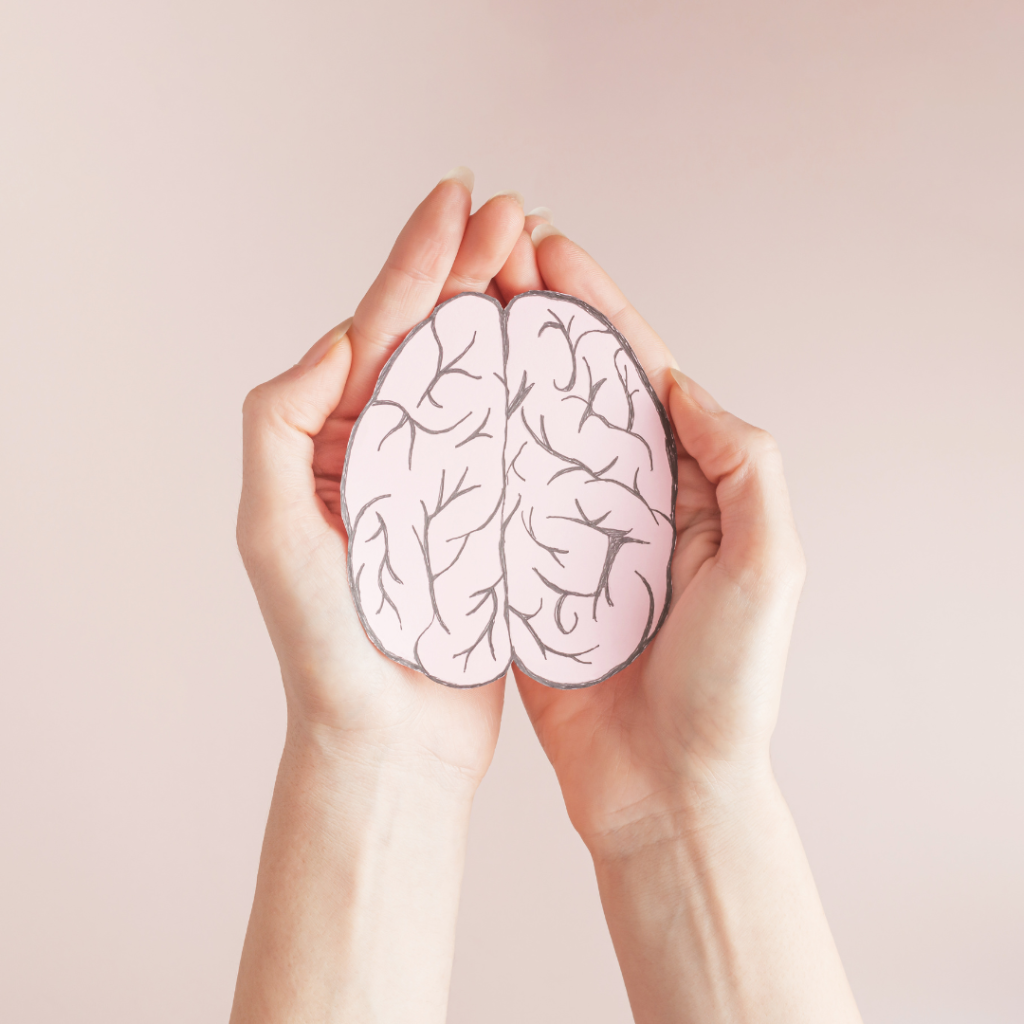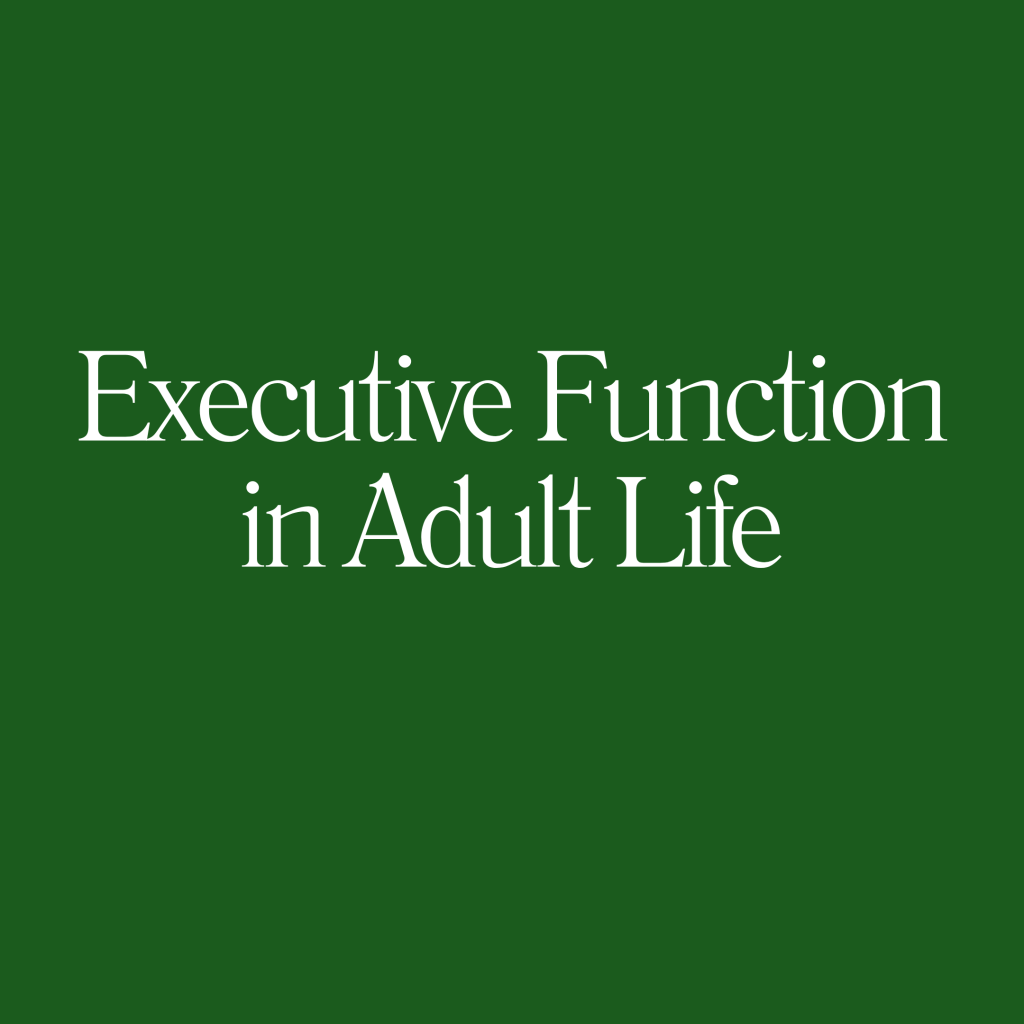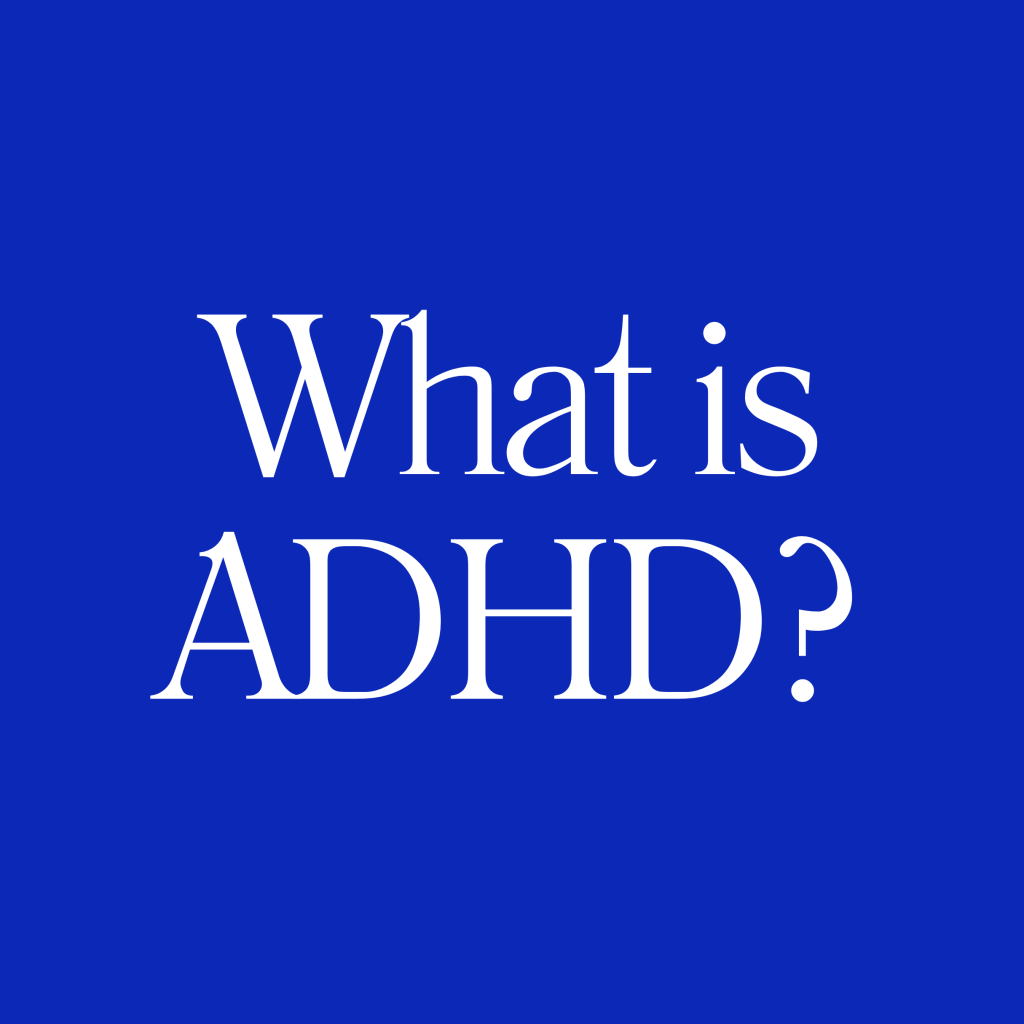How ADHD Affects The Brain: Insights from Research
ADHD (Attention Deficit Hyperactivity Disorder) is often misunderstood as a behavioural or discipline issue. But science tells a different story. ADHD is a neurological condition affecting the brain’s structure and chemistry.
I want to unpack how ADHD affects the adult brain, what research has discovered, and why understanding these brain-based differences can help you feel more empowered and less self-critical.
What Is ADHD, Really? A Brain-Based Perspective
ADHD is not about being lazy, flaky, or ‘bad at adulting.’ It’s a neurodevelopmental condition, meaning that brain development and functioning differ from the neurotypical population particularly in areas responsible for executive functioning.
These areas help you:
- Plan and organise
- Start and complete tasks
- Regulate emotions
- Filter distractions
- Manage time
- Control impulses
The ADHD brain is like having a powerful engine with inconsistent brakes.
UK Research Highlights: ADHD as a Brain Difference
Neuroimaging research has helped shift our understanding of ADHD in recent years. Here’s what some of that science reveals:
1. Brain Structure Differences
In a major 2017 study reported in The Lancet, MRI scans of over 3,000 people showed that adults with ADHD had slightly smaller brain volumes in key regions:
The amygdala (linked to emotional processing)
The caudate nucleus and putamen (linked to motivation and motor control)
The hippocampus (linked to memory and learning)
These differences aren’t massive, but they’re consistent confirming ADHD has a biological foundation.
2. Brain Chemistry: The Dopamine Factor
One of the biggest differences in ADHD brains involves dopamine, a neurotransmitter responsible for motivation, attention, and reward.
In people with ADHD, the dopamine pathways are often underactive, meaning it takes more stimulation to feel rewarded or interested. This is why tasks that seem ‘simple’ to others like filing paperwork or replying to emails feel physically unbearable with ADHD.
3. Delayed Brain Maturation
A PubMed study showed brain maturation is delayed in individuals with ADHD particularly in areas involving impulse control and executive function.
This doesn’t mean the brain is damaged it simply means the developmental timeline is different, with some areas catching up later than expected.
How ADHD Affects Different Brain Functions
Let’s break it down into key functional areas where ADHD has an impact, with examples from real adult life.
1. Attention Regulation
Affected area: Prefrontal cortex, anterior cingulate cortex
Result: Difficulty sustaining attention or shifting focus
You don’t struggle with paying attention. You struggle with controlling what you pay attention to. You might hyperfocus for 4 hours on a hobby and then forget to eat.
2. Impulse Control
Affected area: Orbitofrontal cortex, basal ganglia
Result: Impulsive speech, decisions, and behaviour
Blurting in meetings, buying things impulsively, or saying yes to plans you don’t have capacity for this isn’t carelessness. It’s a brain-based issue with pause-and-plan circuits.
3. Working Memory
Affected area: Dorsolateral prefrontal cortex
Result: Forgetting steps in a process, mid-task confusion
Working memory is like mental Post-it notes. In ADHD, those notes often fly away. You might walk into a room and completely forget why or open 17 tabs and finish none.
4. Emotional Regulation
Affected area: Limbic system (especially the amygdala)
Result: Intense emotions, quick shifts, ‘overreacting’
Small setbacks can feel overwhelming, for example, tears in a meeting, rage over a dropped mug.
5. Time Perception and Planning
Affected area: Default mode network, cerebellum
Result: Time blindness, last-minute scrambles, missed deadlines
The ADHD brain often perceives time as now and not now. This makes long-term planning feel abstract and leads to repeated stress cycles and burnout.
ADHD Isn’t All Deficit: The Upside of a Different Brain
There’s a reason many adults with ADHD are incredibly creative, empathetic, and passionate. When harnessed, the ADHD brain brings unique gifts:
Divergent Thinking – ADHD brains excel at connecting unrelated ideas
Resilience – Years of ‘trying harder’ builds grit
Sensitivity – Strong attunement to emotion and experience
High Energy & Spontaneity – When aligned with purpose, this becomes magnetic
But these gifts are often buried under years of shame, exhaustion, or misunderstanding which is why reframing ADHD through a brain-based lens is so powerful.
What Does This Mean for You?
Understanding how ADHD affects your brain can bring real relief.
It’s not that you’re lazy. Or messy. Or failing.
You’ve been trying to solve a neurological challenge with strategies designed for neurotypical brains.
Here’s what you can do next:
1. Seek ADHD-Informed Support
Whether through NHS diagnosis, private assessment, or ADHD coaching, working with professionals who understand the brain-based reality of ADHD is key.
2. Use External Supports for Executive Function
Visual timers, to-do apps, colour-coded systems, alarms, and accountability partners can help. Your brain struggles to self-manage, so build systems around you that help do it for you.
3. Focus on Energy Management, Not Just Time Management
With fluctuating dopamine levels, you may be more productive in short bursts than with rigid schedules. Design your days around energy rhythms, not just clocks.
4. Drop the Shame
Understanding that your brain is different, not deficient, is liberating. ADHD is not an excuse, it’s an explanation that empowers better tools and deeper self-compassion.
Final Thoughts
Your brain is brilliant, just not built for spreadsheets, beige cubicles, or hour-long meetings with no snacks.
The more we understand ADHD as a brain-based condition, the more we can shift the conversation from ‘What’s wrong with me?’ to ‘What works for me?’
And that’s where transformation begins.





